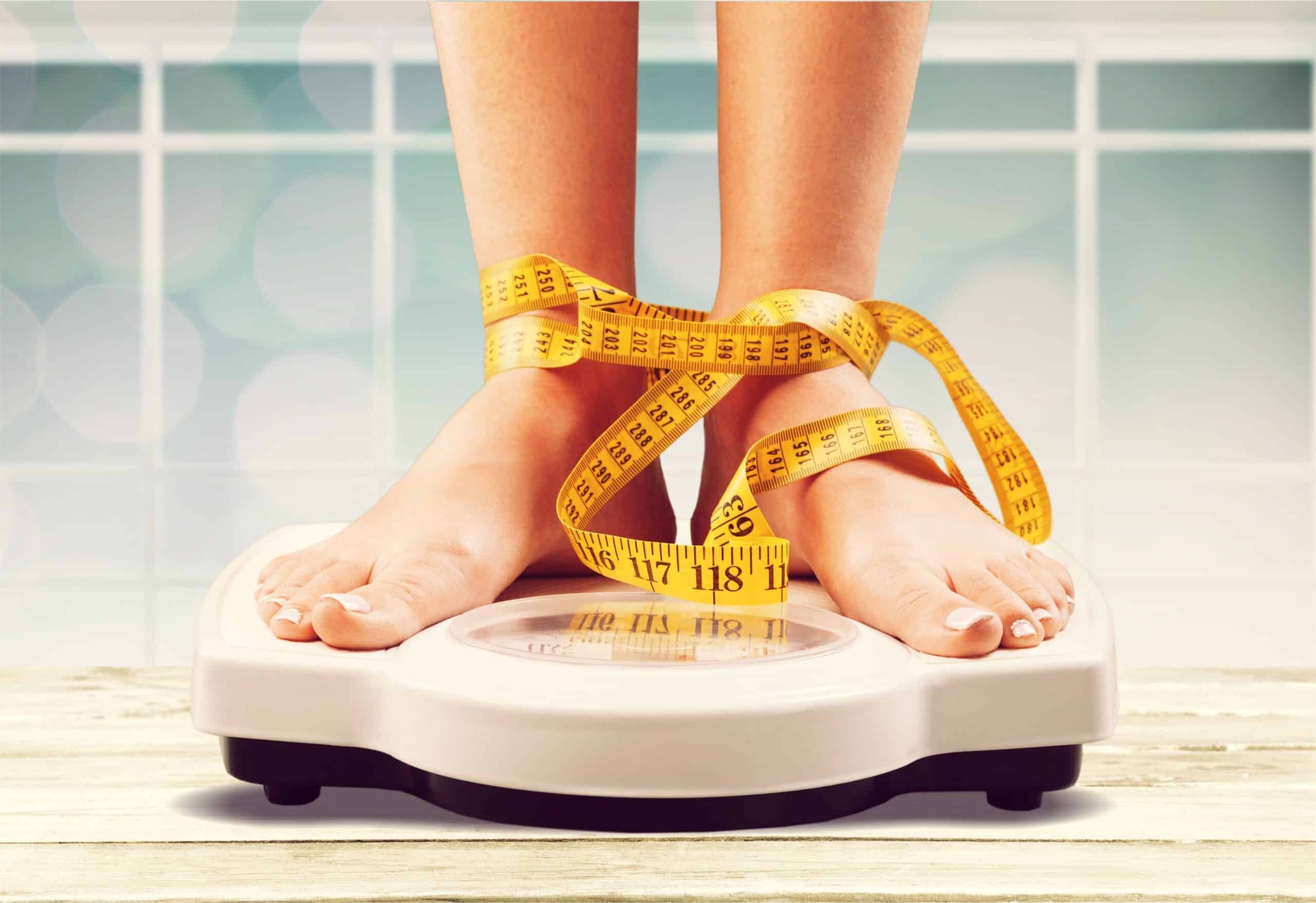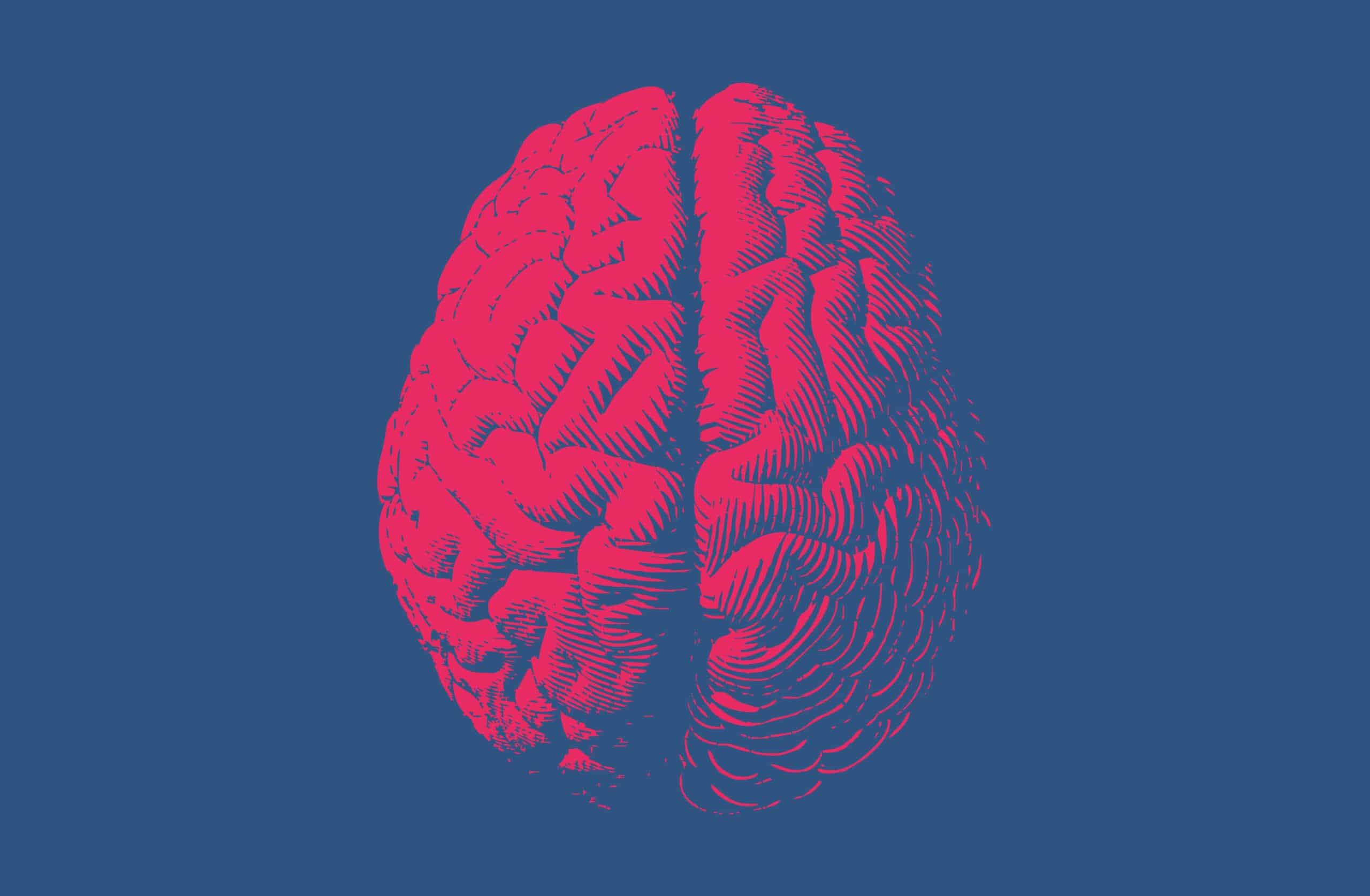Why you should develop greater self-compassion for eating disorder recovery
The fundamental concept of self-compassion could be described as treating ourselves the way we would treat a loved one. When a friend is having a difficult day, we would support them with kindness, empathy and reassurance. So why do we find it so hard to treat ourselves in the same way?
Almost everyone experiencing disordered eating or an eating disorder would be very familiar with self-criticism and its effect on our thoughts, feelings and behaviours. Sometimes the purpose of self-criticism is to motivate ourselves to be better or to punish ourselves for our mistakes. In eating disorders, this takes the form of both harmful thoughts and harmful behaviours.
What if we took a different approach? What if instead of treating ourselves with resentment and judgement, we used the principles of self-compassion to better meet our own needs?
This may feel like a completely foreign concept to you – in fact, self-loathing is more likely the familiar frame of mind. But there are hundreds (if not thousands) of studies purporting the effects of self-compassion in various areas of life, including sports, culture, sexual orientation, trauma and, of course, eating disorders. If you’re as into reading research papers as we are, you can find a tonne about self-compassion here.
What is self-compassion?
There are three key elements of self-compassion:
ONE: Self-kindness over self-judgement – accept that failure and challenges are inevitable, and respond with warmth rather than criticism
TWO: Common humanity over isolation – recognise that suffering and feeling inadequate is something that all humans go through, and does not occur in isolation.
THREE: Mindfulness over over-identification – avoid suppressing or exaggerating negative emotions by putting things into perspective and using mindfulness to observe your thoughts and feelings.
When we talk about what self-compassion is, it’s also important to talk about what self-compassion is not – because it is easily confused with other concepts! For example, self-compassion is not:
- Self-pity. This concept overlooks the second aspect self-compassion, which is that all people have similar experiences of pain. Self-pity is isolating and over-exaggerates negative emotions in a way that self-compassion does not.
- Self-indulgence. This concept overlooks that self-compassion often involves a certain amount of discomfort to seek health and happiness – for example, setting boundaries and being accountable for your actions.
- Self-esteem. This concept overlooks that self-compassion is not based on your perception of your value or worth. You can still have self-compassion when your self-esteem falters. As described by Kristen Neff, a psychology professor and self-compassion researcher, self-compassion is there in the exact moment when self-esteem is lowest.
Why is self-compassion a useful tool for eating disorder recovery?
Firstly, to state the obvious, eating disorder thoughts are highly critical and shame-driven. Internally responding to those thoughts with a kinder dialogue from your healthy, compassionate self is one way of offering yourself compassion while also turning the volume down on your ED voice. You can learn more about how to do that here. As a brief overview, this is typically in line with how you would respond to a friend or a small child who was speaking about themselves in the same critical way that you speak to yourself.
Secondly, eating disorders are isolating, and they thrive on loneliness and secrecy. The principles of self-compassion, however, encourage you to connect with yourself and with others to acknowledge that you are not alone in your suffering.
Despite what your eating disorder wants you to believe, pain is something that is universal to the human experience, and there are people who understand what you’re going through.
You might find support in a team of health professionals who specialise in eating disorders, or even a support group of people experiencing similar challenges to you. Beat UK run a number of online support groups to help you feel less isolated, which you can find information about here.
Thirdly, a significant component of self-compassion is reconnection with your self – both your physical self and internal self.
Being aware of your physical body and treating it with gentle kindness shifts your perspective from external to internal. Consider your body with curiosity. You might like to approach this through embodiment practices, which involve noticing what is happening within your body without judgement. This includes practices like body scans, mindfulness and breathing techniques. This can help to take the focus off what your body looks like at any given moment and redirect your attention to what it feels like. It can also allow you to experience your body in a neutral way for what might be the first time in a long time.
Self-compassion is not just good for our mental health! A recent meta-analysis found that people with greater self-compassion are more likely to have better overall health, improved immune function, better sleep quality, greater physical fitness, fewer stress hormones and better cardiovascular health.1 This is thought to be due to individuals with high levels of self-compassion being more likely to engage in more health-promoting behaviours such as engaging in physical activity and eating a varied and nutritious diet.2
In terms of our psychological wellbeing, practices of meditation and mindfulness are key strategies for increasing self-compassion in relation to disordered thoughts and beliefs.
Research has found that regular meditation for a period of just three weeks can significantly reduce body dissatisfaction and body shame, while boosting self-worth, self-compassion and body appreciation.3
Additionally, a comparative review of 28 studies consistently found that greater self-compassion was linked to fewer disordered eating behaviours and improved body image.4
To develop your self-compassion practice further, you might like to explore this webpage full of resources, meditations and exercises relating to self-compassion.
We would love to support you on your journey towards recovery. Reach out to us at [email protected] to find out how we can guide you towards a life of food freedom.
Karli Battaglia, APD
EHL Team x
References:
- Phillips W, Hine D. Self-compassion, physical health, and health behaviour: a meta-analysis. Health Psychology Review. 2019;15(1):113-139.
- Rahimi-Ardabili H, Reynolds R, Vartanian L, McLeod L, Zwar N. A Systematic Review of the Efficacy of Interventions that Aim to Increase Self-Compassion on Nutrition Habits, Eating Behaviours, Body Weight and Body Image. Mindfulness. 2017;9(2):388-400.
- Albertson E, Neff K, Dill-Shackleford K. Self-Compassion and Body Dissatisfaction in Women: A Randomized Controlled Trial of a Brief Meditation Intervention. Mindfulness. 2014;6(3):444-454.
- Braun T, Park C, Gorin A. Self-compassion, body image, and disordered eating: A review of the literature. Body Image. 2016;17:117-131.














